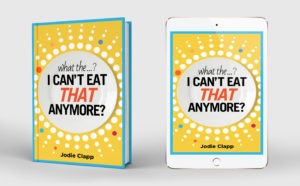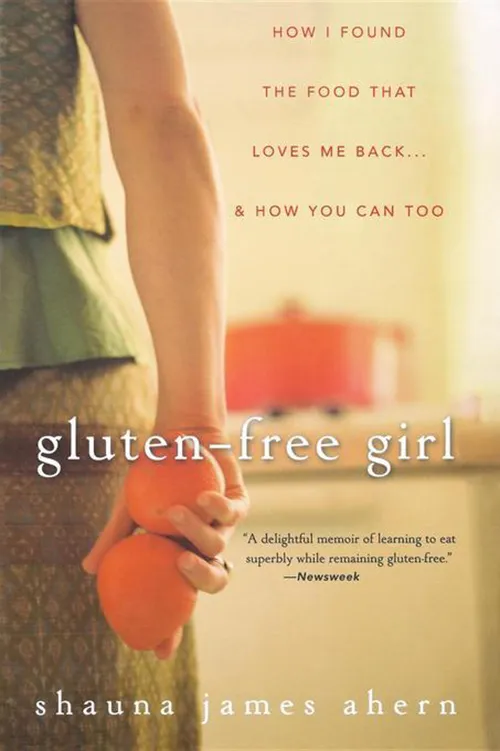Celiac Disease and COVID-19: Understanding the Celiac Disease Risk Factors
Celiac disease is an autoimmune disorder that affects approximately 1% of the global population. It is characterized by an immune reaction to gluten, a protein found in wheat, barley, and rye. The immune response damages the lining of the small intestine, leading to malabsorption of nutrients and a range of digestive symptoms.
As the COVID-19 pandemic continues to spread across the world, there have been concerns about whether individuals with celiac disease are at a higher risk of contracting COVID-19 or experiencing more severe symptoms if they do become infected. It is important to understand the Celiac Disease Risk Factors to get a better perspective on this matter.
Celiac Disease Risk Factors and COVID-19
Understanding the Celiac Disease Risk Factors is crucial for managing this autoimmune disorder.
When it comes to people with autoimmune conditions, the uncertainty gives rise to more fears. What’s worse is that many “Twitter doctors” like to post incorrect information that makes the situation scarier than it actually is.
Today, we will be talking about COVID-19 and Celiac Disease Risk Factors.
Many people think that if they have celiac disease, they are immune-compromised and that’s not entirely true.
While it is true that celiac disease does have something to do with your immune system, it does not mean that your immune system is not functioning at all.
Firstly, it is important to note that having celiac disease does not appear to increase the risk of contracting COVID-19. The risk of contracting the virus is based on factors such as exposure to the virus, adherence to public health guidelines such as social distancing and wearing masks, and personal risk factors such as age and underlying health conditions.
In the case of celiac disease, your immune system is auto-respondent when it shouldn’t be. This is different from the immune system being suppressed in conditions like AIDS or someone having low levels of IgA Antibodies. According to The Celiac Disease Foundation Medical Advisory Board, celiac disease patients are not immunocompromised.
However, there is some evidence to suggest that individuals with celiac disease may be at a higher risk of experiencing severe symptoms if they do become infected with COVID-19. A study published in the Journal of Clinical Medicine in 2021 found that individuals with celiac disease had a higher risk of severe COVID-19 outcomes, including hospitalization and death, compared to individuals without celiac disease. The study analyzed data from over 2 million individuals in the United States and found that individuals with celiac disease had a 60% higher risk of hospitalization and a 34% higher risk of death from COVID-19 compared to individuals without celiac disease.
The exact reasons for this increased risk are not fully understood, but it is believed to be related to the immune dysfunction associated with celiac disease. Individuals with celiac disease have an overactive immune response to gluten, which can lead to chronic inflammation and damage to the small intestine. This chronic inflammation and immune dysfunction may make individuals with celiac disease more susceptible to severe COVID-19 outcomes.
Managing Celiac Disease During the Pandemic
It is important to note that these findings are based on observational studies and more research is needed to confirm the link between celiac disease and COVID-19 outcomes. Additionally, it is important for individuals with celiac disease to continue to follow public health guidelines to reduce their risk of contracting COVID-19, as well as to manage their celiac disease through a gluten-free diet and regular medical care.
Access to gluten-free food
One of the best things you can do right now is to continue to maintain a healthy gluten-free diet and eat gluten-free food. However, how do you do this when the isles at your grocery store are empty of your favorite gluten-free pasta?

- Plan ahead: Make a list of gluten-free foods you need and try to get them in advance of when you need them. You can also consider online grocery shopping and delivery.
- Explore alternative sources: Look for smaller health food stores, co-ops, or specialty markets that might still have gluten-free options in stock.
- Stock up on alternative pantry staples: Keep a well-stocked pantry of gluten-free grains, beans, nuts, and seeds that can serve as the basis for many meals. Some examples include quinoa, brown rice, chickpeas, lentils, and almonds.
- Go Packaged Food Free – you can make many recipes with fresh fruits, vegetables, meats, legumes and spices. You don’t need a packet of pasta to make a meal or even gluten-free bread. Go back to basics and consider some international recipes like a curry from India or a stir-fry from Asia for some inspection that uses little to no packaged goods.
- Consider frozen and canned options: If fresh produce is scarce, consider using frozen or canned fruits and vegetables, which can be just as nutritious.
Check out this short video from Dr. Allessio Fasano (one of the Celiac Disease gurus) on the relationship between Coronavirus and Celiac Disease.
Looking for a deep dive into the world of Celiac and Gluten-Free living? Our other blogs are jam-packed with intriguing science and research topics that explore this fascinating subject matter in detail.
- Gluten Diets In Young Kids May Link To The Development Of Celiac Disease
- Celiac Disease Blood Test Takes Us Closer To An Accurate Diagnosis
- Is The Meat Glue In Your Deli Products Making You Sick?
- Connection Between Undiagnosed Celiac Disease And Infertility, Miscarriages, And Stillbirths
- Intestinal Lymphoma: Is Your Risk Of Cancer Increased Due To Celiac Disease?
- Exploring The Connection Between Humans Microbes And Celiac Disease
- Periodontists Get Certified On Impact Of Celiac Disease On Dental Health
- What Are The Food Additives That May Cause Celiac Disease?
Remember to always stay curious and continue learning. Thank you for taking the time to read my post. Until next time…Jodes








